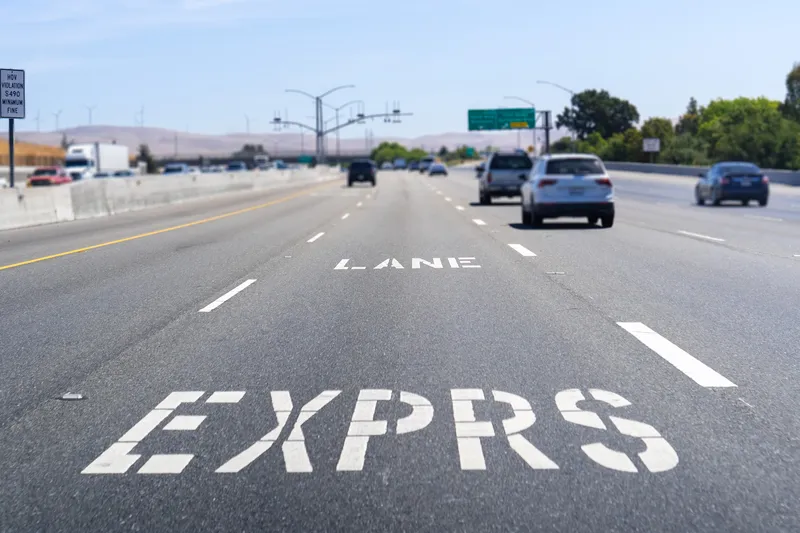As part of a long-term strategy to improve traffic safety, Western Australia Police (WAPOL) has awarded Jenoptik’s Traffic Solutions division a contract by the for the delivery, installation, maintenance and in part the operation of an initial total of 81 speed and red light enforcement systems.
The seven year, US$21 million (AU$28 million), contract includes options for extension for up to four years as well as for a possible program expansion with additional camera systems. The total volume for Jenopti
August 3, 2016
Read time: 2 mins
As part of a long-term strategy to improve traffic safety, Western Australia Police (WAPOL) has awarded 79 Jenoptik’s Traffic Solutions division a contract by the for the delivery, installation, maintenance and in part the operation of an initial total of 81 speed and red light enforcement systems.
The seven year, US$21 million (AU$28 million), contract includes options for extension for up to four years as well as for a possible program expansion with additional camera systems. The total volume for Jenoptik could increase to up to approximately US$46 million (AU$60 million).
Jenoptik will deliver the first 81 systems, which will include the TraffiStar series based on radar or laser technology, in the course of the next three years, providing mobile and stationary speed enforcement as well as red-light monitoring. The new systems will upgrade systems already used by WAPOL add additional enforcement points.
Installation and maintenance, as well as operation of the stationary systems, will be carried out by the Jenoptik branch in Australia. To ensure that optimum on-site service is available, Jenoptik will reinforce its team in Perth.
The seven year, US$21 million (AU$28 million), contract includes options for extension for up to four years as well as for a possible program expansion with additional camera systems. The total volume for Jenoptik could increase to up to approximately US$46 million (AU$60 million).
Jenoptik will deliver the first 81 systems, which will include the TraffiStar series based on radar or laser technology, in the course of the next three years, providing mobile and stationary speed enforcement as well as red-light monitoring. The new systems will upgrade systems already used by WAPOL add additional enforcement points.
Installation and maintenance, as well as operation of the stationary systems, will be carried out by the Jenoptik branch in Australia. To ensure that optimum on-site service is available, Jenoptik will reinforce its team in Perth.









